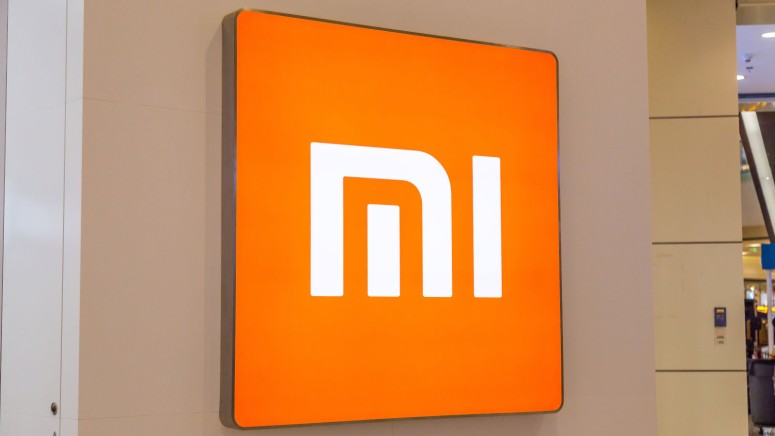
Xiaomi Restrictions in the U.S. Lifted by District Court of Columbia
- Xiaomi has reached a favorable decision on a U.S. court, which temporarily overturns restrictions.
- The U.S. Government will now have to prove that Xiaomi has ties with the Chinese military.
- The judge who reviewed the case found nothing but generic and vague allegations made against the smartphone maker.
When the U.S. Department of Defense added Xiaomi to its blacklist back in January 2021, the Chinese tech company was somewhat socked. The decision was based on allegations that linked Xiaomi with the Chinese military and the country's governing party. From a practical perspective, it obliged American shareholders and investors to offload their holdings and participation in the particular group by November 11, 2021.
Xiaomi objected immediately but had to wait for the Biden administration to take the helm to ascertain what the intentions of the new U.S. President were. As nothing happened when power shifted, Xiaomi had to take the path of legal action, hoping to overturn the decision by suing the U.S. Government.
The case was reviewed by the U.S. District Court of Columbia, which removed with immediate effect the restriction on U.S. persons to purchase securities of Xiaomi and also the requirement to divest their existing holdings.
The court accepted that the designation of Xiaomi as a “Communist Chinese Military Company” was arbitrary and capricious, so no restrictions can stand based on it. The halt of the DoD trading ban is merely temporary. While this was a positive development for Xiaomi, and even though it proves that the smartphone maker has very good chances of permanently overturning the decision, nothing is over yet.
What happens now is that the U.S. Government will have to produce evidence of their claims, proving the link between Xiaomi and the People’s Liberation Army. If they fail to do that, it could mean that more Chinese firms that found themselves added to American blacklists, like DJI, for example, would see a promising prospect in legal actions. If that happens, not only will these firms escape the imposed restrictions, but the U.S. Government could also be ordered to spend money for hefty compensations.
This makes the Xiaomi case particularly interesting, and one which proves that countries cannot oust firms from their national markets based on a general context of international relations with their country of origin. If we were to make deductions from the remarks of Rudolph Contreras, an experienced Foreign Intelligence Surveillance Court Judge, this exactly what seems to be the case here.
More specifically, Washington previously alleged that the award for “Outstanding Builder of Socialism with Chinese Characteristics” on Xiaomi’s founder, Lei Jun, constituted proof of involvement and that the company’s 5G and artificial intelligence programs were geared towards military deployment.
Contreras commented that over 500 Chinese entrepreneurs had received the same award, some making powdered baby milk formulas, others chili sauce, and others wine. For Contreras, the evidence is just no there.





